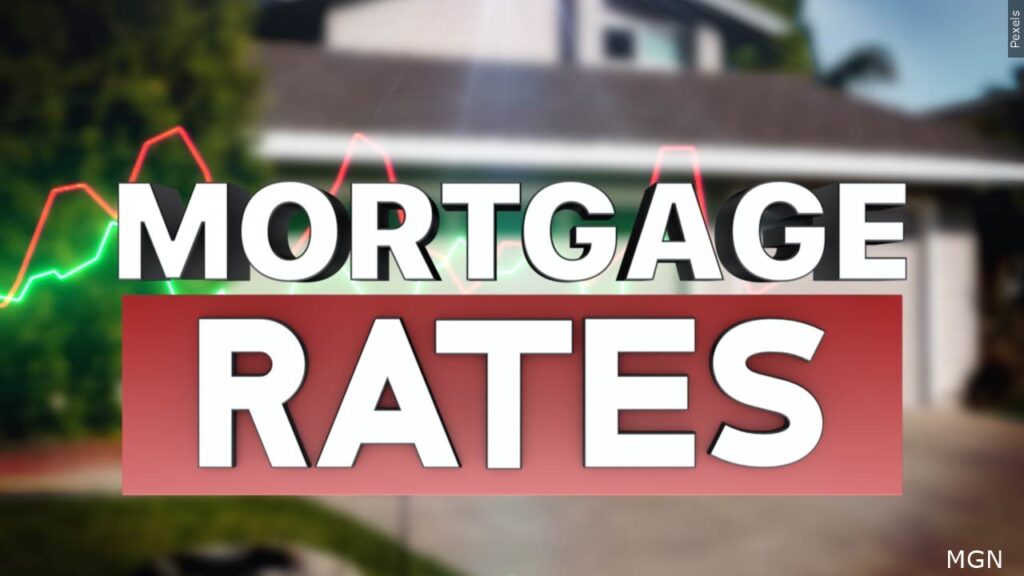Finding the right financial advisor can feel like searching for a needle in a haystack. With so many options available, how do you choose the best investment advisors near you? This guide will help you navigate the process and find a financial advisor who aligns with your goals and needs.
Understanding Your Financial Needs
Before you start your search, take some time to reflect on your financial situation. What are your short-term and long-term goals? Are you saving for retirement, a down payment on a house, or your children’s education? Understanding your financial needs will help you identify the type of advisor best suited for you. Consider using online financial planning tools like this one to get a clearer picture.
Types of Investment Advisors
There are various types of investment advisors, each specializing in different areas. Some focus on retirement planning, while others specialize in wealth management or tax optimization. Learn more about different advisor types to make an informed decision. 
Finding Local Advisors
Start your search by looking for advisors in your local area. You can use online search engines, or check with professional organizations like the Financial Planning Association. Many advisors also have websites with detailed profiles and client testimonials. Look at online reviews and ratings to see what past clients have to say.
Checking Credentials and Experience
Once you have a list of potential advisors, thoroughly investigate their credentials and experience. Check their licenses and certifications to ensure they are qualified to provide investment advice. Look for advisors with a proven track record of success and a good understanding of your specific financial needs. Understanding advisor fees is critical as well. [IMAGE_2_HERE]
The Interview Process
Before committing to an advisor, schedule a consultation or interview. This is your opportunity to ask questions, discuss your financial goals, and assess their compatibility with your personality and investment philosophy. Don’t hesitate to ask about their investment strategies, fees, and risk tolerance. A good advisor will be transparent and communicative.
Considering Fees and Compensation
Investment advisors charge fees for their services. These fees can vary widely, so it’s important to understand how they are structured before signing any agreements. Some advisors charge an hourly rate, while others charge a percentage of assets under management (AUM). Learn more about fee structures and compare them across different advisors.
References and Testimonials
Request references and testimonials from existing clients. Speaking with other clients can give you valuable insights into the advisor’s working style, communication skills, and overall client experience. [IMAGE_3_HERE]
Ongoing Communication and Review
A successful advisor-client relationship requires ongoing communication and regular reviews. Your advisor should keep you informed about your investments’ performance and make necessary adjustments to your portfolio based on your evolving goals and market conditions. Consider using portfolio management software to aid in this process.
Choosing the right investment advisor is a crucial step in securing your financial future. By following these steps, you can increase your chances of finding a trustworthy professional who can help you achieve your financial goals.
Frequently Asked Questions
What qualifications should I look for in an investment advisor? Look for certifications like CFP (Certified Financial Planner) or CFA (Chartered Financial Analyst), and check their licensing and experience.
How much should I expect to pay for an investment advisor? Fees vary greatly depending on the advisor’s services and fee structure. Discuss fees upfront to avoid surprises.
How often should I meet with my investment advisor? This depends on your individual needs and investment strategy, but quarterly or semi-annual meetings are common.
What if I’m not happy with my investment advisor? You have the right to switch advisors at any time. Don’t hesitate to seek a second opinion if needed.
How can I verify an advisor’s credentials? You can usually verify credentials through their firm’s website or by checking with regulatory bodies like the SEC.



